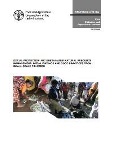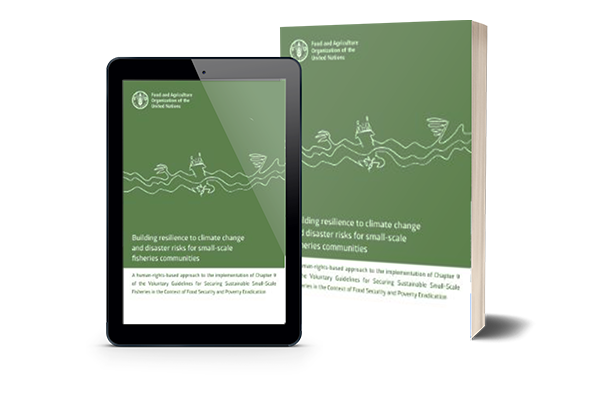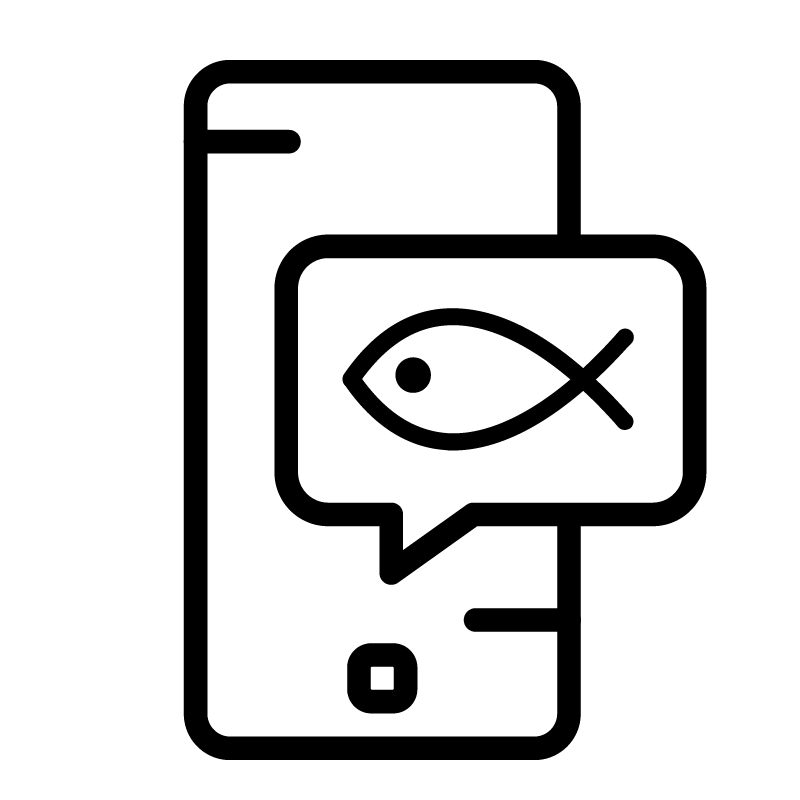Increasing threats
Small-scale fishing communities are often some of the most vulnerable communities, in part because they often lack clear and recognized property rights to the land and resources they depend on, and in part because of natural conditions.
Increasing threats are coming from climate change, both directly and indirectly. The abundance and distribution of fish is changing, and extreme events such as storms, extreme rainfall, flooding, extreme temperatures, rising sea levels, etc. are becoming more frequent. They vary a lot from one place to another, but overall there is a growing trend.
The effects of climate change, extreme and disastrous events are felt all along the fisheries supply chain, from source to plate. These effects are worsened by other factors, such as pollution, coastal erosion, and destruction of coastal habitats etc.
Poor and marginalized communities in the tropics and small islands are affected the most: they live in areas prone to climate change impacts and disasters, yet few of them have the capacity and assets to adapt to these events.
Recommendations in the SSF Guidelines
The SSF Guidelines encourage States to recognize that disasters and climate change impact poor and marginalized communities differently. States are advised to design adaptation and mitigation strategies, policies and plans accordingly, in full consultation with fishing communities, including indigenous peoples, men and women.
The SSF Guidelines also recommend that specific support should be given to small island communities. Everyone – states and communities – should take on an integrated and holistic approach, and collaborate across sectors to address disaster risks and climate change through the whole value chain. The concepts of ‘building back better’ and ‘resilience building’ should be applied.
States are also urged to take steps to address issues such as pollution, coastal erosion and the destruction of coastal habitats, which undermine communities’ chances to make a living from small-scale fisheries and their capacity to adapt to disaster risks and climate change.
Chapter 9 in the SSF Guidelines is about disaster risks and climate change.
SSF Guidelines video on disaster risk and climate change
Publications
Get to know the SSF Guidelines
- Responsible governance of tenure
- Sustainable resource management
- Social development and decent work
- Value chains, post-harvest and trade
- Gender equity and equality
- A human rights-based approach
- Indigenous peoples and small-scale fisheries
- Food security and nutrition
Contact





